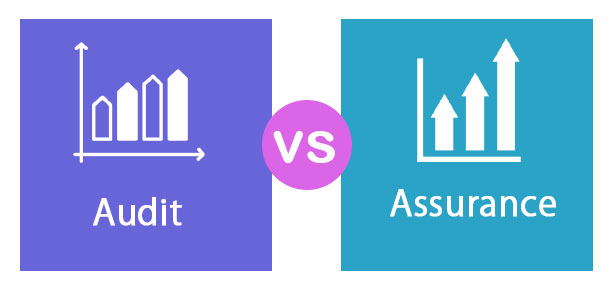Financial Review vs Audit – What HOAs and Condominiums Need to Know

The end of the year is approaching fast. One of the many things homeowners’ associations and condominium associations need to decide on is whether to do a financial review vs audit. While the two may sound similar, they are two very different tools an association can use to see where their finances are at and what they can do for their community in the coming year.
What is a Financial Review?
For an HOA or a condominium association, a financial review is a review of the association’s financial records. This review is done by a Certified Public Accountant (CPA), who will analyze the records using basic accounting principles to determine that the financial records are correct.
What is a Financial Audit?
An audit is a thorough look at the association’s financial situation. In addition to reviewing the association’s financial records, a CPA will verify the information they have been given by the association. They contact debtors and creditors to confirm the amounts owed to the association and the amounts the association owes. They physically inspect the association’s inventories. They also go over meeting minutes as well as contractors to make sure there are no errors or discrepancies between them and the financial records.
What is the difference?
The difference between a financial review and a financial audit is that an audit goes more in-depth into the association’s financial situation than a review. When a CPA is asked to perform a review, they are looking over financial records with the goal of making sure that whoever is in charge of the finances is managing them correctly. When a CPA performs an audit, however, they are being asked to determine what state the association’s finances are in.
How does an HOA or a condominium association know which one should be conducted?
One thing an association needs to do before deciding whether to do an audit or a review is to check their bylaws. Typically, the bylaws will state whether an audit or a review is required, and how often it needs to happen. Most states require associations to, at a minimum, have a review conducted once a year.
Another thing to consider is the size of the association. The smaller the association is, the less assets they have and the less likely it is that an audit will be necessary.
The association should also consider their goals in having an audit or a review. Is it being done to fulfill the requirements laid out in the bylaws? Are there concerns about how the finances are being handled? Is there a change coming in the association’s management, or has there been one recently? The answers to these questions will also help to determine which direction the association should go in.
When is it appropriate to have a review or an audit?
An association should have one or the other at least as often as its bylaws state (generally, at least once a year). It may also be appropriate if the association’s management is changing in order for the new management to determine how the finances are being handled, what assets the association has, and the financial situation the association is in. A third situation in which a review or an audit would be appropriate is if there are concerns about how the association’s finances are being handled.
Conclusion
Financial reviews and financial audits are two different, but useful, tools available to homeowners’ associations and condominium associations in determining the health of their overall finances. Communicating their results with members of the association, especially in a prompt manner, is one of many ways an association’s management can use to build trust and a good rapport with its members.
